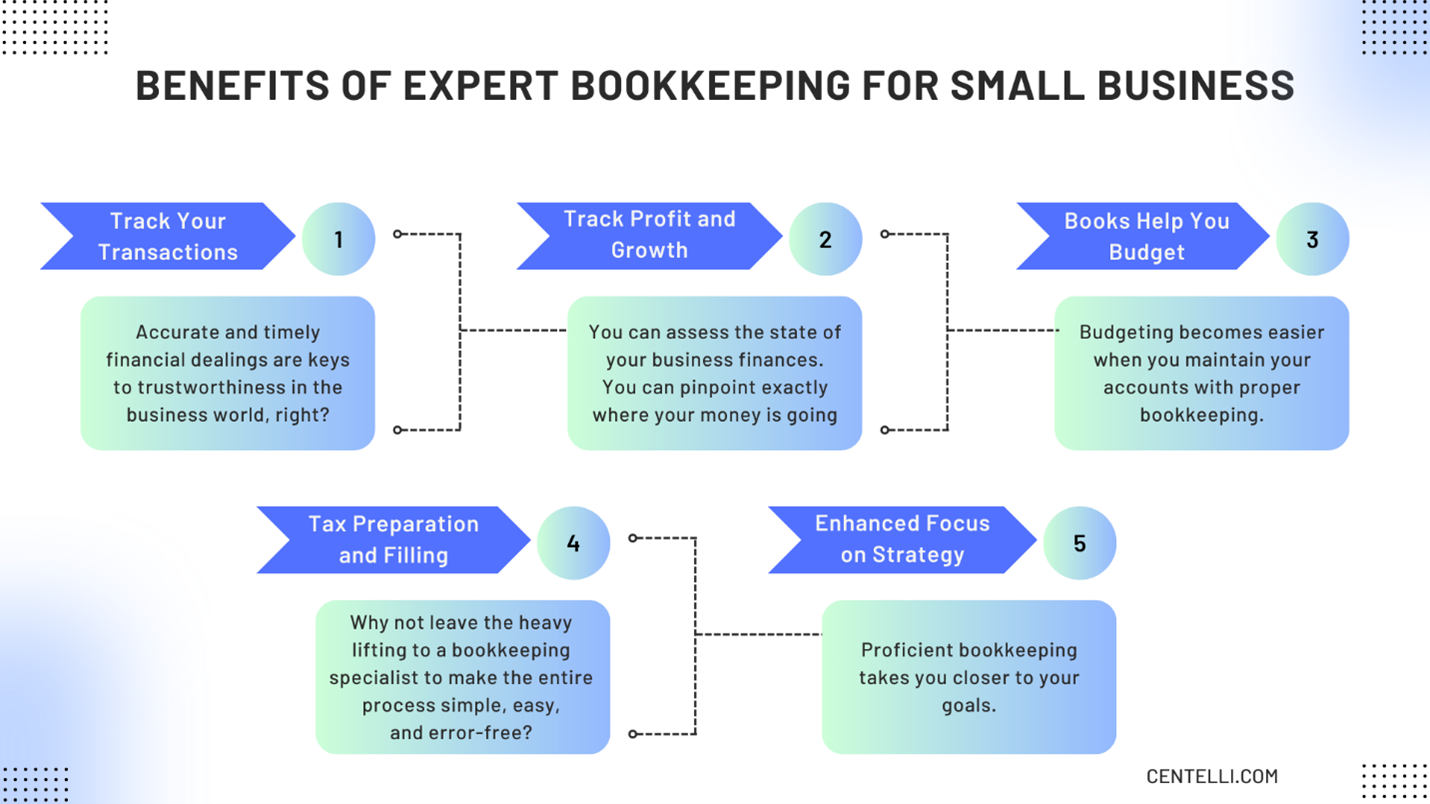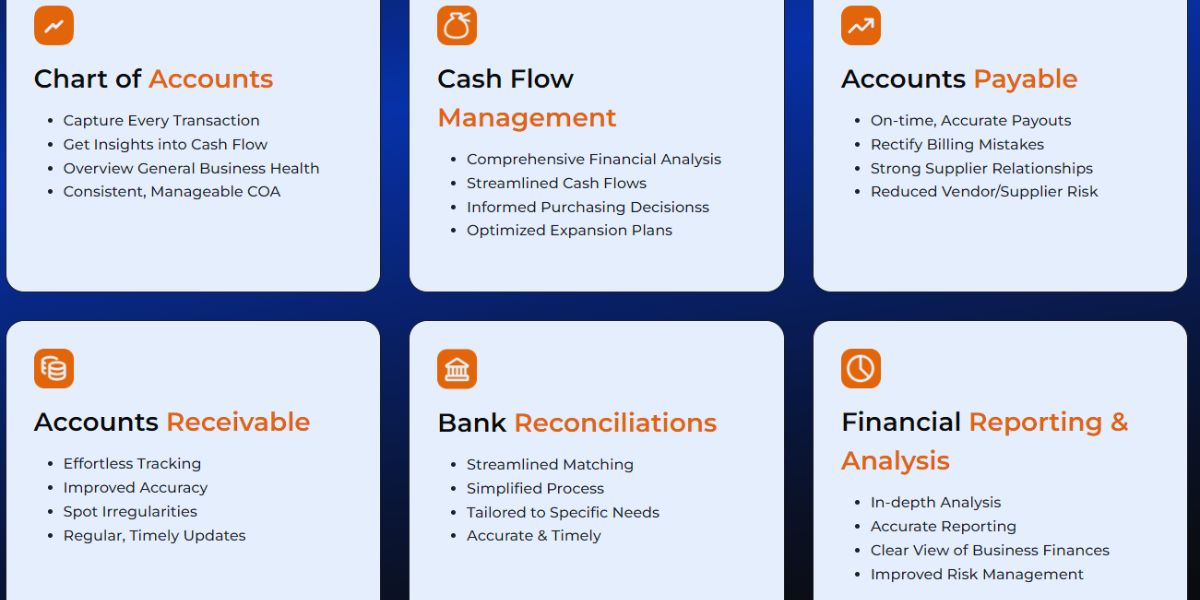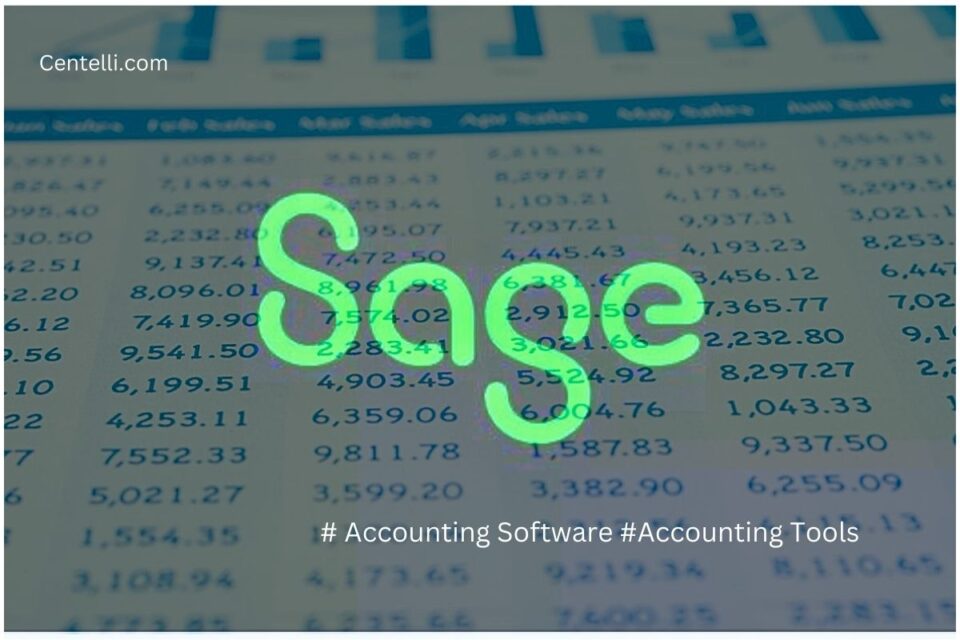
- Bookkeeping Services
- Written By Namita Bhagat
Why Bookkeeping For Small Business is Vital (10 Top Reasons)
30-Nov-2022
“Bookkeeping for small business” is as vital as it is for a large company. Yet, small business owners sometimes underestimate its importance. They try to manage it on their own or settle for someone passable, unable to gauge the impact on their company’s financial well-being.
Precise bookkeeping and accounting for every dollar is non-negotiable for a business to be successful. Leaving it to someone less adept can bring trouble, however!
The Need For Small Business Bookkeeping
Only accurate financial records can give you a clear understanding of your business’s financial health. Besides helping you meet compliance, they are also useful for future reference.
For instance, if you want to secure funding for business expansion, investors or lenders may ask for balance sheets and income statements to assess your company’s creditworthiness.
Here, books of accounts are the first and fundamental step to maintaining accurate financial records. You can streamline and optimize your business better when you carefully log every aspect of all transactions in the journals and ledgers on a daily basis without fail.
Therefore, it makes sense to hire an experienced in-house resource or outsource expert bookkeeping services to help you out.
10 Reasons Why Proper Bookkeeping For Small Business Is Important
Let’s delve deeper into the most compelling reasons to understand the need for proper and meticulous bookkeeping for small businesses.
1. Track Your Business Transactions and Receipts Effectively
Businesses must keep a record of daily transactions. And a small business should also not put it off until a later date. You can make sure all your customer invoices (accounts receivable) and vendor invoices (accounts payable) are processed smoothly with daily recordkeeping.

Also, you can trace all bank transactions without a hitch. You won’t miss out on any credit transactions as well. Accurate and timely financial dealings are keys to trustworthiness in the business world, right?
2. Track Profitability; Understand Your Small Business’s Life Cycle
When bookkeeping is done correctly, you can assess the state of your business finances in great detail: investments, debt, income, and expenses. You can pinpoint exactly where your money is going and coming from—and know whether your business is profitable or not.
But it would be difficult to make a fair assessment without all transaction data, ins’t it?
Furthermore, bookkeeping efforts also support business development. The data mining enables you to observe trends and gain a good understanding of your business’s life cycle.
Interestingly, your accounting grows more complex with each phase.
3. Financial Records Help You Budget & Forecast
Budgeting becomes easier when you maintain your accounts with proper bookkeeping. Since you have accurate and organized income and expense data at your disposal, you can easily review your financial resources at any given point in time.
The budget thus prepared serves as a perfect financial roadmap to plan for future business spending and estimate resources to cover those expenses.
4. Small Business Tax Preparation and Filling
All qualified business establishments have to file and pay taxes on received income in the assessment year, as per the applicable laws. Tax preparation and filing can grind you heavily, especially if you’re not an expert yourself or you’re short on time.
Many small business owners scramble through data compilation and paperwork when the tax deadline is near. Why not leave the heavy lifting to a professional bookkeeper to make the entire process simple, easy, and error-free?
Some interesting facts about small business taxes:
- Employment taxes for small businesses in the US are levied at the federal, state, and local levels.
- UK corporate tax laws mandate small businesses (with profits beyond a threshold) to make National Insurance contributions (NICs).
- Currently, there are no local, state, or provincial taxes on [corporate] income in India (Source: PWC).
Remember, systematic recordkeeping and well-maintained books help you avoid last-minute hassles and potential tax penalties that may harm your business’s reputation.

5. Audit by Tax Authorties? Organized Books Come in Handy!
Your business may encounter an unforeseen situation, such as relevant authorities deciding to examine your tax filings.
For instance, if you’re running a small company in the United States, you could receive a notice from the Internal Revenue Service (IRS) for audit. You’ll have to furnish all the required information within a stipulated time in that case.
If your books are well-organized and up-to-date, you can relax. But, if they are incomplete or messy, the auditing process will be unnecessarily prolonged. Also, expect penalties if you’re unable to comply.
However, with an experienced in-house or outsourced bookkeeper by your side, you can avoid such situations.
6. Financial Statements Unover Critical Insights
Bookkeeping meticulously records your financial activity. Financial statements prepared from this data provide a powerful tool for business analysis.
These statements can be created for different timeframes, offering a snapshot of your business health at regular intervals. This allows you to monitor cash flow, track accounts receivable and payable activity (like trade receivables and payables), and understand your overall performance over time, be it quarterly or biannually.
This financial intelligence empowers you to make informed decisions that drive your business forward.
7. Bookkeeping for In-Depth Financial Analysis
The best thing about bookkeeping is that it provides you with a solid foundation for detailed business analysis. By meticulously recording your financial transactions, you build a clear picture of your finances in the general ledger.
Of course, any missing piece can ruin the analysis of the overall business performance. Keeping books for small business also helps identify areas that need urgent attention. The deep financial analysis enables you to identify shortcomings and take remedial action.
8. Empowering Small Business Growth with Proficient Bookkeeping
Business owners are always figuring out different ways to grow and keep financial stress at bay. Both tactical and strategic planning is important to best utilize your finances.
Proficient bookkeeping takes you closer to your goals. Financial data and other information in your books enable efficient planning and monitoring of efforts that need financial backing.
You May Also Like : Small Business Bookkeeping Guide (Simple and Practical Tips)
9. Accurate Financial Records Facilitate Investor Reporting If Seeking Funding for Your Small Biz
Looking for investors’ support for your small business? They will want to look into your financial statements, bank account summaries, and other data. It helps them evaluate the value of their investment.
So, leverage your bookkeeping expert to prepare flawless financial reports, be they cash flow statements, income statements, balance sheets, etc., to show your company’s value.
Well-organized financial information can put investors at ease and they can trust you better.
10. Keeping Updated Books for Peace of Mind
Untraceable financial events can create panic in any company. Poorly maintained books can hurt your small business operations while looming tax deadlines can leave you flustered.
No business owner wants such issues to weigh them down. If you’ve appropriate and accurate business accounting & bookkeeping in place, you will be stress-free.
———- Need bookkeeping help? You can leverage Centelli’s small business bookkeeping services! Here’s a glimpse of our full-service bookkeeping portfolio:

Final Note on Bookkeeping for Small Business
Bookkeeping should always be meticulous, whether you are a start-up or a small business. Also, moving away from paper-based books makes more sense in today’s digital era.
Of course, there are various small business bookkeeping software options at your disposal, such as QuickBooks Online, Xero, Sage 50, and Zoho, to name a few.
However, you may still be better off hiring expert bookkeeping services; small business can fully leverage these tools that way.







